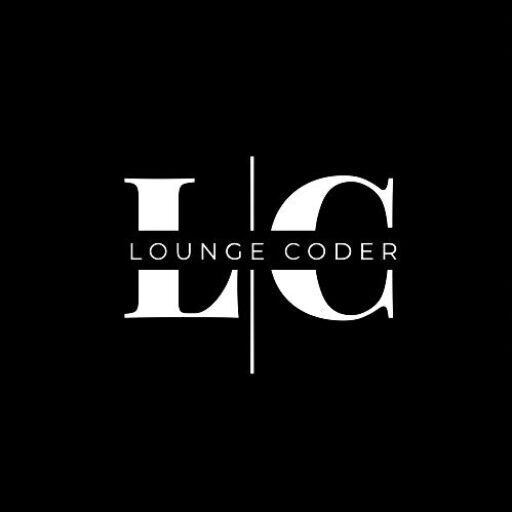In object-oriented programming (OOP), encapsulation, inheritance, and polymorphism are crucial principles that govern how objects interact and share data. However, there are cases when you need to grant access to private or protected members of a class to non-member functions or other classes. This is where friend functions come into play.
But sometimes, especially in complex codebases, you might encounter situations where you need to use a friend function before defining the class it needs to access. In such cases, forward declarations are useful. This blog post will explore the concept of forward declaration with respect to friend functions, including its syntax, use cases, and best practices.
What is Forward Declaration?
A forward declaration is a declaration of a class or function before providing its complete definition. It informs the compiler that a particular identifier (class or function) exists without specifying the details of that identifier. Forward declarations are particularly useful in scenarios where circular dependencies between classes arise.
Syntax of Forward Declaration
Forward declaration is simple and involves declaring the class or function before its use:
class ClassName; // Forward declaration of a classIn the context of friend functions, forward declaration can be used when the friend function needs to access a class that is defined later in the code.
Why Use Forward Declaration in Friend Functions?
In many cases, classes depend on each other, which can create circular dependencies. For example, ClassA might need to be friends with a function that operates on ClassB, but ClassB is defined after ClassA. To resolve this issue, you can use forward declaration to inform the compiler about the existence of ClassB before fully defining it. This allows the friend function to be declared in ClassA without causing compilation errors.
Example of Forward Declaration with Friend Functions
Let’s look at an example where forward declaration is necessary. Imagine you have two classes, ClassA and ClassB, where ClassB contains a friend function that needs to access the private members of ClassA. If ClassA is defined after ClassB, you would need to use forward declaration.
#include <iostream>
// Forward declaration of ClassA
class ClassA;
class ClassB {
public:
// Friend function declaration
friend void showData(ClassA& obj);
};
class ClassA {
private:
int data;
public:
ClassA(int val) : data(val) {}
// Granting access to the friend function
friend void showData(ClassA& obj);
};
// Definition of the friend function
void showData(ClassA& obj) {
std::cout << "Data from ClassA: " << obj.data << std::endl;
}
int main() {
ClassA objA(10);
showData(objA);
return 0;
}In this example, ClassA is forward-declared before ClassB. This allows ClassB to declare showData as a friend function, even though ClassA is defined later.
Circular Dependencies and Forward Declarations
One of the primary use cases for forward declarations in the context of friend functions is handling circular dependencies between classes. Circular dependencies occur when two classes depend on each other for their functionality. Without forward declarations, such dependencies would result in compilation errors.
Example:
class ClassB; // Forward declaration of ClassB
class ClassA {
private:
int dataA;
public:
ClassA(int val) : dataA(val) {}
// ClassB as a friend to access private members of ClassA
friend class ClassB;
};
class ClassB {
private:
int dataB;
public:
ClassB(int val) : dataB(val) {}
// Accessing private member of ClassA
void display(ClassA& objA) {
std::cout << "Data from ClassA: " << objA.dataA << std::endl;
}
};
int main() {
ClassA objA(10);
ClassB objB(20);
objB.display(objA);
return 0;
}In this case, ClassB is forward-declared before ClassA, allowing ClassB to be a friend of ClassA and access its private data members.
Benefits of Using Forward Declarations with Friend Functions
- Resolves Circular Dependencies: Forward declarations are essential for resolving circular dependencies between classes, allowing you to structure your code more flexibly.
- Improves Compilation Speed: By using forward declarations, you can reduce the number of header files included in your code, which can lead to faster compilation times.
- Simplifies Code Structure: Forward declarations allow you to separate class declarations and definitions, making your code easier to manage and understand.
Limitations and Best Practices
While forward declarations can be helpful, they also come with limitations. Here are some best practices to keep in mind:
- Use Sparingly: Overusing forward declarations can make your code harder to read and maintain. Use them only when necessary, such as in cases of circular dependencies.
- Avoid in Large Codebases: In large projects, forward declarations can lead to maintenance issues if not managed properly. Always document your forward declarations to ensure that other developers understand why they are being used.
- Keep Declarations Close to Use: Place forward declarations as close as possible to where they are used to minimize confusion and improve code readability.
Summary
Forward declarations are a powerful tool in object-oriented programming, especially when dealing with friend functions and circular dependencies. By informing the compiler about the existence of a class or function before fully defining it, forward declarations allow you to structure your code more flexibly and efficiently. However, it is crucial to use them judiciously to avoid creating complex and hard-to-maintain code.
In summary, when working with friend functions in OOP, forward declarations can help you manage dependencies between classes and functions more effectively. By following best practices and understanding the trade-offs, you can leverage forward declarations to create robust and maintainable code.
Discover more from lounge coder
Subscribe to get the latest posts sent to your email.

